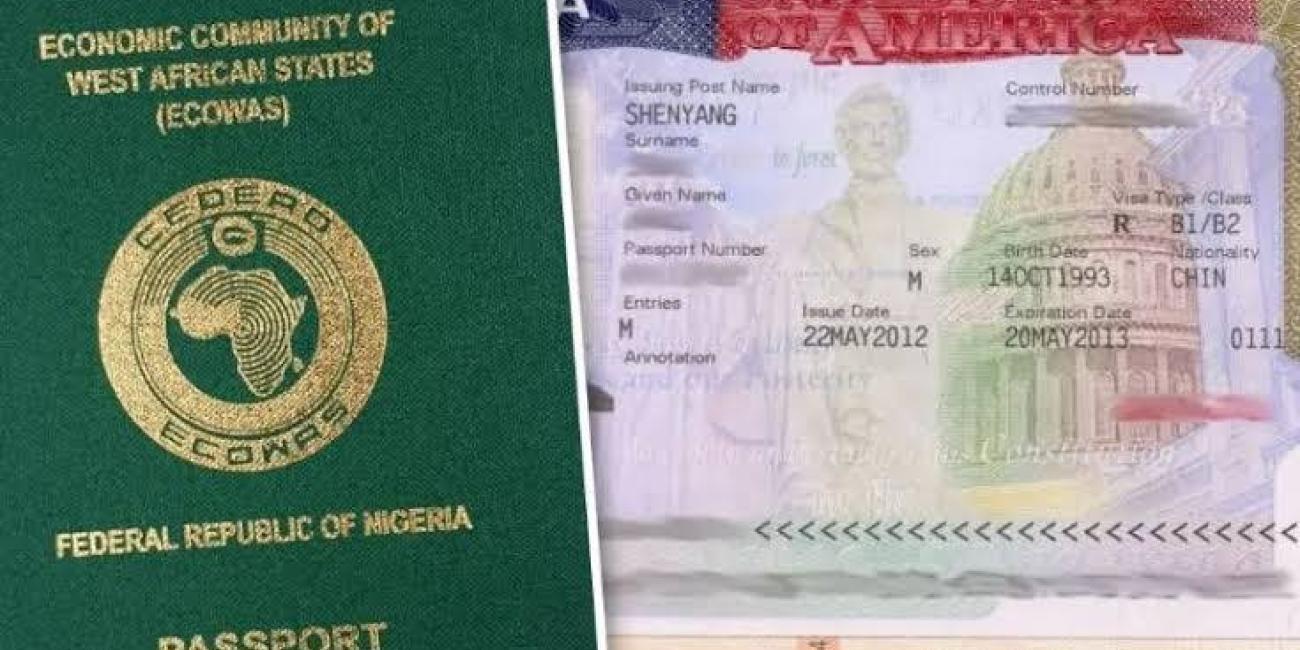U.S. Clarifies Visa Validity Reduction for Nigerians, Denies Political or BRICS-Related Motives

The United States Mission in Nigeria has refuted claims that the recent reduction in visa validity for Nigerian citizens is politically motivated, stressing that the decision is part of a global, technical reassessment aimed at safeguarding the integrity of the U.S. immigration system.
In a statement issued to address growing speculation, the Mission clarified that the policy shift affects not only Nigeria but several other countries as well and is not linked to deportation issues, Nigeria’s refusal to host U.S. asylum seekers, or its affiliation with BRICS.
“This reduction is not the result of any nation’s stance on third-country deportees, the introduction of e-visa policies, or affiliations with groups like BRICS,” the Mission stated.
Instead, the U.S. explained that the change is based on technical and security-based evaluations as part of a broader, ongoing global review.
“The reduction in validity is part of an ongoing global review of the use of U.S. visas by other countries using technical and security benchmarks to safeguard U.S. immigration systems,” the statement read.
The Mission emphasized the strength of U.S.-Nigeria relations and reaffirmed its commitment to continued cooperation.
“We value our longstanding partnership with Nigeria and remain committed to working closely with the Nigerian public and government officials to help meet those criteria and benchmarks,” it added.
The clarification comes amid public concerns that the visa changes may be a reaction to Nigeria’s immigration policy stance or growing ties with global coalitions like BRICS.
Diplomatic sources previously suggested that Nigeria's refusal to sign a controversial U.S. agreement to host asylum seekers was a trigger for earlier visa restrictions under the Trump administration. However, the current U.S. Mission’s statement appears aimed at dispelling any renewed fears that such policies are being reintroduced or expanded under the current administration.
While the visa reduction has sparked debate, the U.S. insists the move is administrative and security-driven—not a diplomatic reprisal.








